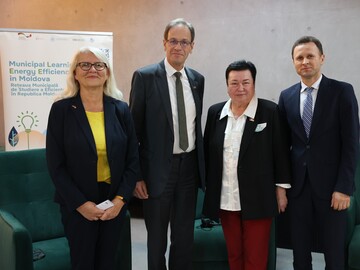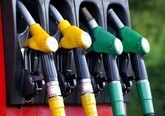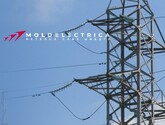
Moldova’s local authorities are studying best practices in energy management through the Learning Energy Efficiency Networks (LEEN) network
According to the Ministry of Energy, optimal solutions and international best practices in energy management, as well as examples of joint hiring of energy managers by several municipalities, were presented at a seminar organized by the Learning Energy Efficiency Networks (LEEN) network. According to the Energy Efficiency Law, districts and 13 municipalities in Moldova are required to develop local energy and climate plans that reflect the country's commitments under national policy documents. These plans are developed and implemented with the support of energy managers – specialists responsible for recording energy consumption and implementing energy efficiency measures. German Ambassador to Moldova Hubert Knirsch noted that energy is extremely important for the economy, and implementing energy efficiency measures is like finding oil at home, because the energy we do not consume is the cheapest and most environmentally friendly. “By improving the energy balance of society, you are contributing to the energy security and independence of the country, as well as to peace and security in Europe,” said the diplomat. Claudia Hermes, Country Director of GIZ in Moldova, also emphasized the commitment of German partners to strengthening cooperation in the field of energy, supporting energy efficiency initiatives, and promoting dialogue between the public sector, business, and local communities. According to her, budget constraints often make it difficult for local authorities to hire energy managers, and LEEN networks aim to reduce energy consumption and carbon dioxide emissions. Since hiring an energy manager in each municipality is often financially unfeasible, one of the proposed solutions is to share a single specialist through inter-municipal cooperation. "By sharing an energy manager, public authorities can benefit from common data systems and benchmarking, expanded access to grants and technical assistance, increased trust, and faster results. In Germany, more than 400 municipalities have joined regional networks, achieving average energy savings of 5-10% in the first three years," said BMZ Component Manager Marco Buechel, presenting updated information on E4M activities. The LEEN concept involves the exchange of experience between local government representatives, and the project provides support in building the capacity of local authorities in the field of energy management. "Local authorities already perform many functions, but energy management is important because it reduces energy-related costs. For example, the €1.5 million investment in energy renovation at the Mihai Eminescu Lyceum in Ungheni will pay for itself in 10 years, and over a total of 20 years, it will generate savings of almost €3 million," said Torsten Greis, E4M Project Manager at GIZ. According to the Ministry of Energy, the existence of a comprehensive local energy and climate plan developed by local authorities is also a prerequisite for obtaining financing or co-financing for energy efficiency projects from budget funds and/or funds from development partners attracted by the government. Several pilot projects from Moldova were discussed at the information sessions, as well as the experience of regions in Ukraine. "Ten years ago, we had to travel to Germany to study similar success stories, but now we can exchange local experience between Moldovan municipalities, and that makes me happy. We have already launched financing instruments for the residential sector, and now we are preparing products to finance the tasks of state bodies," said Ion Muntean, Director of the National Center for Sustainable Energy. LEEN (Learning Energy Efficiency Network) is a network that brings together local authorities and promotes the exchange of experience and knowledge in the field of energy efficiency among participants. At the same time, LEEN seeks to promote the creation of an energy management system at the local and regional levels. // 21.10.2025 — InfoMarket







